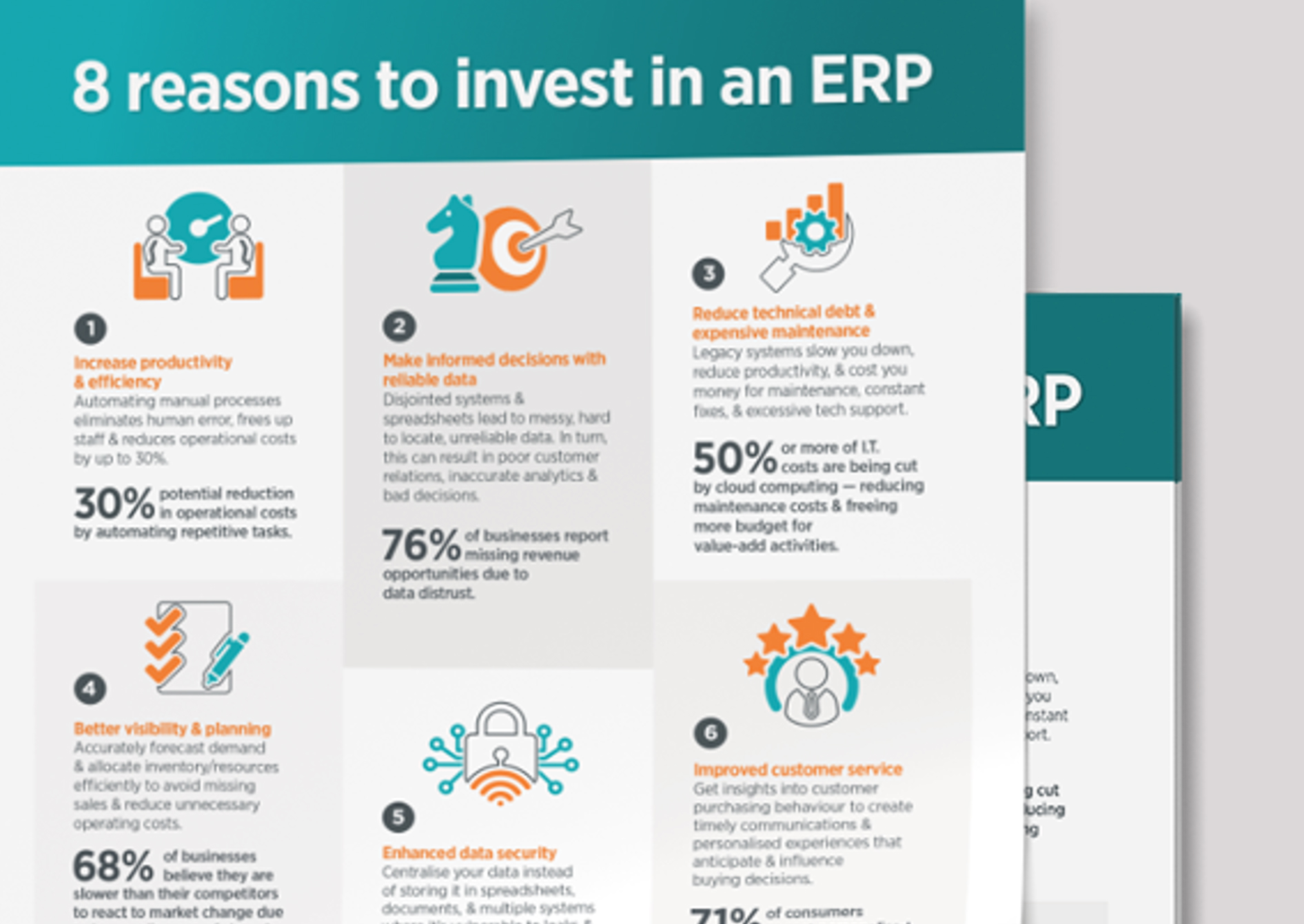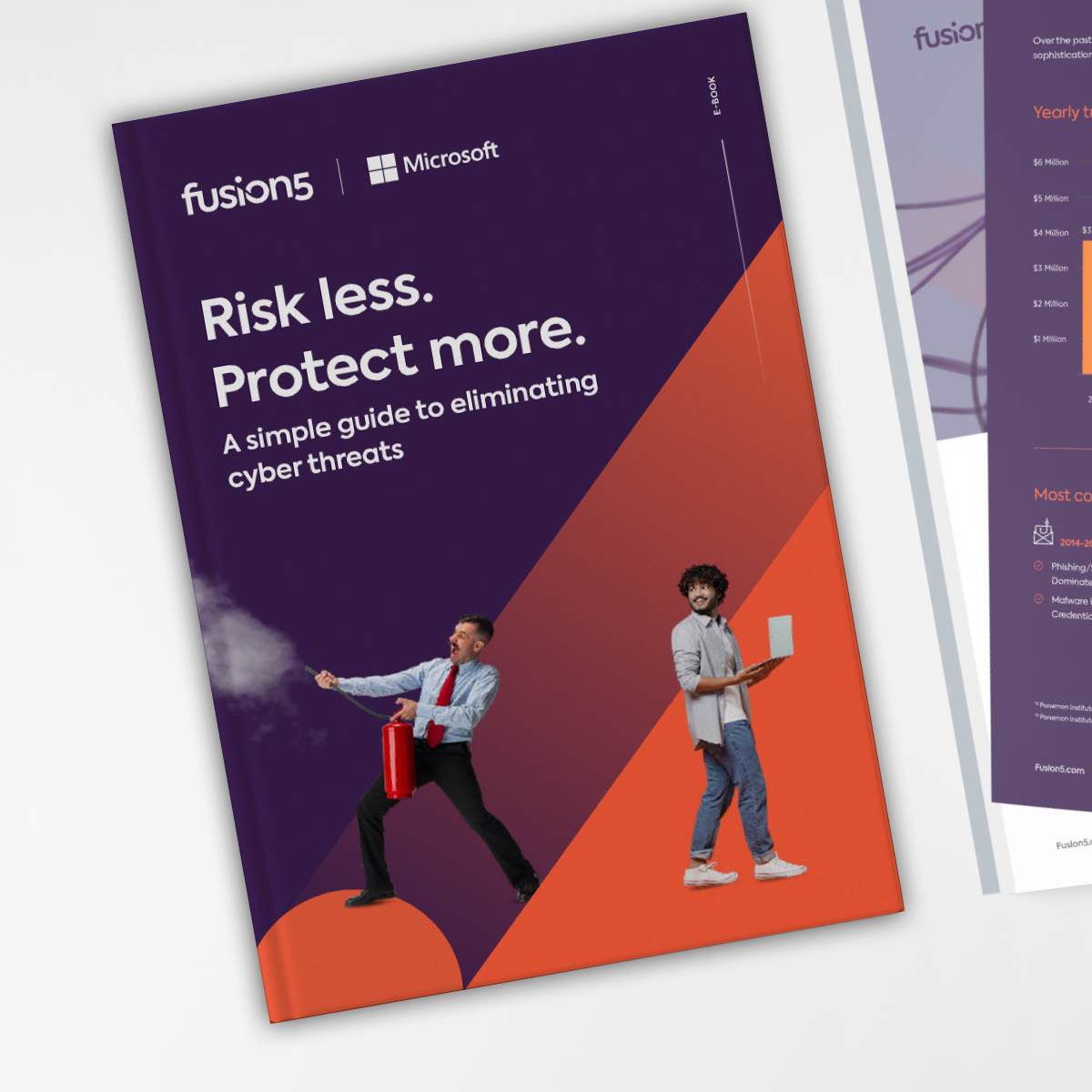Is it time to get a good deal smarter with your data (and analytics)?
As a CTO, you’ve got myriad responsibilities – from customer behaviour, operational performance, to market trends and more. So, looking for ways to deliver meaningful, efficient, and well-informed decisions and outcomes for each is not only sensible, but smart.
Here are three ways you can use data and analytics to support your role, and make well-informed, fact-based decisions.
1. Strengthen your customer insights
With the ability to analyse customer behaviour and preferences, you can gain insights into what they want and need – and what frustrates and excites them. And when you understand the customer experience, and where it excels or falls short (and have the evidence to support it), you can make confident decisions about how and where to develop your products to gain that all important competitive edge. The same is true for employee experience. If the users of your business applications are all internal, that makes them customers too.
For example, your employee experience and support platform may be lagging well behind that of your competitors. If it doesn’t provide your employees with options to submit requests for enhancement or new workflows and forms to improve their productivity, then you’re falling short of their expectations. This begs the following questions: Do you know how many enhancements are being submitted, and how are they being prioritised? How frequently are you currently pushing out new automation to your employees? And are they satisfied with the services you offer?
This is all data worth knowing and analysing for the greater good - in short, it’s gold.
On top of that, when you analyse both user behaviour and market trends, you can use those insights to develop targeted, up-to-the-minute marketing campaigns and deliver better user engagement strategies. All of which leads to increased customer satisfaction and retention.
2. Supercharge your operational efficiency
Efficiency = great processes = cost savings, increased productivity, and improved customer service.
But working out which areas of your business will benefit from streamlining and optimising is often easier said than done. It’s only by gaining access to all the data you need from across the relevant systems, centralising it, and analysing it to produce actionable insights into your operational performance that you can identify areas where processes can be improved. You’ll be able to eliminate (or cleverly circumnavigate) roadblocks, overcome issues created by a reliance on manual or outdated workflows, and best of all, transform frustrated customers into delighted ones.
3. Wise up on your technology investments
How are you making the call on which of your technology investments are paying off? Which are underperforming and costing you too much, or charging ahead and creating valuable new opportunities?
If you’re relying on spreadsheets, downloads of data from disparate systems, and manually massaging your data into shape, then you’re wasting valuable time, effort, and money. By using data and analytics to give you the lowdown, you can optimise the allocation of resources dedicated to the development and support of each worthwhile investment. And you’ll also have clarity of which investments will never deliver a genuine business ROI and should be retired or returned to vendor.
As CTO, you’ve got some big decisions to make – week in, week out. Taking the guess out of guesswork by having access to real-time, comprehensive data and analytics tools could be one of your best decisions of the year.
Edward Zarzour
General Manager - Enterprise Service Management - Fusion5














